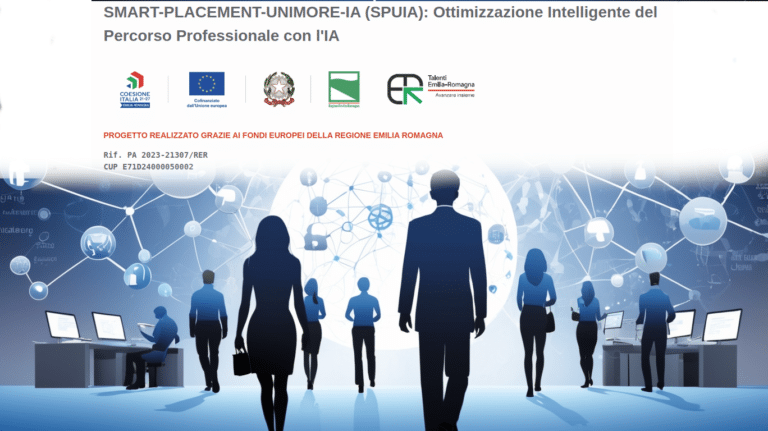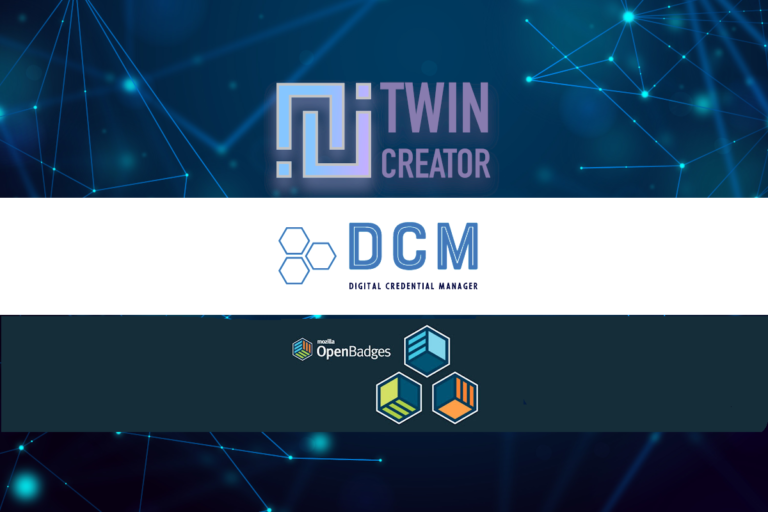The pandemic forced all of us to social distancing and “smart” work from home. This fueled a mass exodus toward all those digital (not virtual!) spaces which existed even before Covid although less popular. A digital continent made of online citizens with new opportunities and threats, whose structure and rules are being redefined.
A prominent space of such digital continent is education and training (aka EduTech). Kids in school attend a mix of in-person and online classes, Universities stream an ever increasing amount of tuitions, courses and exams. Also PA and enterprise academies deliver an unprecedented online continuous learning offering to employees and agents.
The wide, sudden, and to some extent unexpected adoption of digital learning puts EduTech in strain, boosting the need for better management of the skills acquired online (and offline).
EduTech can be divided into three macro areas
• e-Learning – production and delivery of digital learning content
• e-Assessment – systems to assess and measure skills
• Digital Credentials – digital representation of acquired skills
e-Learning is certainly the most known area of EduTech, with many active players such as IT corporations, unicorns, and startups (Zoom, Meet, Teams, Jitsi, and MOOC such as Coursera, EdX, Lynda, etc.). Similarly IT corporations and startups offer many platforms for sitting exams online (aka CBT i.e. Computer Based Testing). Ironically, the representation and (social) recognition of the outcome of such a complex and demanding effort – the skills acquired through the learning process – i.e. the area of Digital Credentials, is much less known.
Competency-based Education and Badges
Certificates earned in traditional education – a diploma in history, a degree in medicine – represent physical badges in respect of the completion of a pre-defined learning cycle. The physical badge itself brings little if no mention of which skills are acquired throughout the cycle. Traditional certificates and diplomas describe the path taken but not the learning outcomes.
As EduTech shakes the foundation of traditional learning, a new paradigm of education is embraced, namely Competency-based Education (CBE). Within such paradigm, the focus is on acquired skills, units of proven, stackable, certified, extensible competence earned by a learner (a student, worker, stagist, apprentice, or else). In order for CBE to flourish and spread, the (digital) badges must carry a proper and accurate representation of the skills acquired by the learner, not just a mark and a school name. Differences between physical and digital badges include
• embedded information: digital badges carry richer information such as the criteria used to assign the badge, the tests passed by the learner, etc.
• stackable: digital badges issued by any organization can be built on top of other badges, regardless of the issuing organization. This allows to organize badges hierarchically in order to fully describe the history of personal abilities and achievements
• transferable: learners can collect digital badges from different organizations, both on-line and off-line, store them in a single location named backpack, share abilities and test results on websites, social media, professional networks, websites
• verifiable: the truthfulness of a digital badge can be checked using specific apps named validators
Amongst the widespread and popular digital badges initiatives, Open Badges deserves a special mention. Open Badges (https://openbadges.org/) was launched in 2011 by the Mozilla Foundation and today it is managed by IMS-Global (https://www.imsglobal.org/), the international consortium dedicated to the promotion of interoperability standards in the sector. Open Badges is free and open source, based on open and interoperable standards, and provides a universal digital language to represent the skills acquired by an individual in a lifelong & lifewide learning context.
More on Open Badges
Using the Open Badges standard any organization (the issuer) can define and describe a set of skills specific to its domain, and how such skills can be verified and recognized. All the above is contained in a Badge Class represented by an image (the container) along with machine-readable metadata. The issuer then adds the badge to a public catalog of available Open Badges.
Learners can explore the catalog, inspect the skills represented by each badge, earn a badge by meeting badge-specific criteria such as take a class and exam, complete a training experience, deliver a project, carry out 100 hours of hands-on work, etc. All earned Open Badges from various issuing organizations can be collected in a learner’s Backpack representing the learner’s own learning path and skillset. From the Open Badges Backpack the learner can build a digitally certified CV, or share her achievements on social or professional networks such as LinkedIn.
Ex Machina is system integrator of My Open Badge SaaS platform, one of the very few IMS-Global certified full-fledge (issuer, displayer, host) Open Badges platforms, the only one in Europe. Organizations such as Tim Academy, Leonardo SpA, Pontificia Università Gregoriana are among the organizations who chose My Open Badges to issue their own digital badges. Our professional consultants can support any organization, enterprise, university and PA willing to join the EduTech digital credential ecosystem with the adoption of the cloud-based SaaS platform My Open Badge. For more information visit





